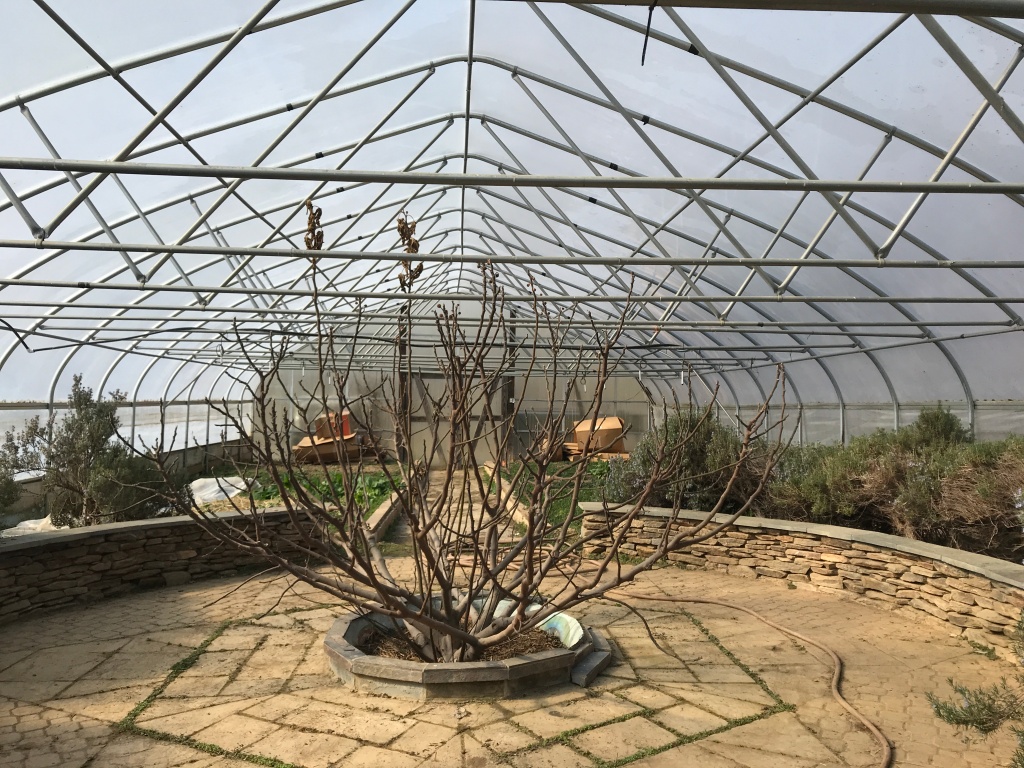
This isn’t nearly close to the first time I’ve sat down in front of this screen and realized it has been a l- o-n-g while since I shared an update. My last one was over 2 months ago. I’m not sure where the time went. Like the rest of the world, we’re over here in a holding pattern waiting. We’re waiting for rain, waiting for back-to-school plans, waiting for election day, waiting for an invitation to a party, waiting for a lead on a job, waiting for a vaccine. You’d think the farm would be booming and this blog would be filled with updates with all the time I’ve had on my hands.

But time does not equal action. Action requires motivation.
One great thing about cultivating plants for food is that they need you. And they tell you want they want. Water me. Prune me. Pick bugs off me. Eat me. And those kinds of finite tasks are great when you can’t see the end of the tunnel your traveling through. Washing dishes and walking the dog helped me write my dissertation without going insane. (Thank you Thich Nhat Hanh!)

Creative and academic friends share they’re also having trouble doing work – making art, writing articles, designing rituals, wrestling around with an idea for more than 10 minutes at a time. I know this feeling. I had big quarantine plans to attend a printmaking workshop a colleague was teaching (two-week artist residency, sign me up!), to work through old writing notes that have been littering my desk literally for years, and to read some of the old professional journals collecting dust on the bookcase. None of that has happened. But there’s still time, right? We’re not going anywhere anytime soon.

Cultivating vegetable plants offers us multiple times to start over throughout the year. As a Jewish farmer I appreciate how this echoes our traditions of seeding, fertilizing, and pruning our life goals. We have just begun the countdown to our New calendar year, a period of time marked by deep reflection, reconnection, and redirection as we review time gone by and plan for the next round of living. It’s nice how this coincides with the time to plant fall gardens.

This fall I hope to have a better showing of greens than I did in the spring. Greens are usually my point of pride. But the weather is forever messing with our plans. Cold/hot/cold spring followed by dry/hot/dry/dry/dry/hot summer. It didn’t used to be like this. The climate is changing.
The fact that it was so hard to grow food in Columbus, OH this year, a year I planned to take for shmita – to give the land a rest according to Jewish tradition, it’s hard not to think I am being punished for not following through on taking a break. When the quarantine was announced, I raced to plant seeds as a sign of hope and resilience. Gardening is so powerful for us today in part because it is something tangible. It’s a multi-sensory experience that gets us out from behind these screens.

But racing to action isn’t always the best way to go about things. We know this and I think shmita is supposed to remind us of it too. As Rabbi Joshua Heschel taught,
Judaism is a religion of time aiming at the sanctification of time… Judaism teaches us to be attached to holiness in time, to be attached to sacred events, to learn how to consecrate sanctuaries that emerge from the magnificent stream of the year. The Sabbaths are our great cathedrals…
I have come to regret not leaning into this Shabbat on steroids. But next year is an official shmita year when Jews around the world will rest. Maybe I wound up growing this year so I can take off on cycle with others.
And, there’s still time to lean into this period of unknowing we are in. To embrace the uncertainty and cultivate values. And plants.
There. I wrote something.







